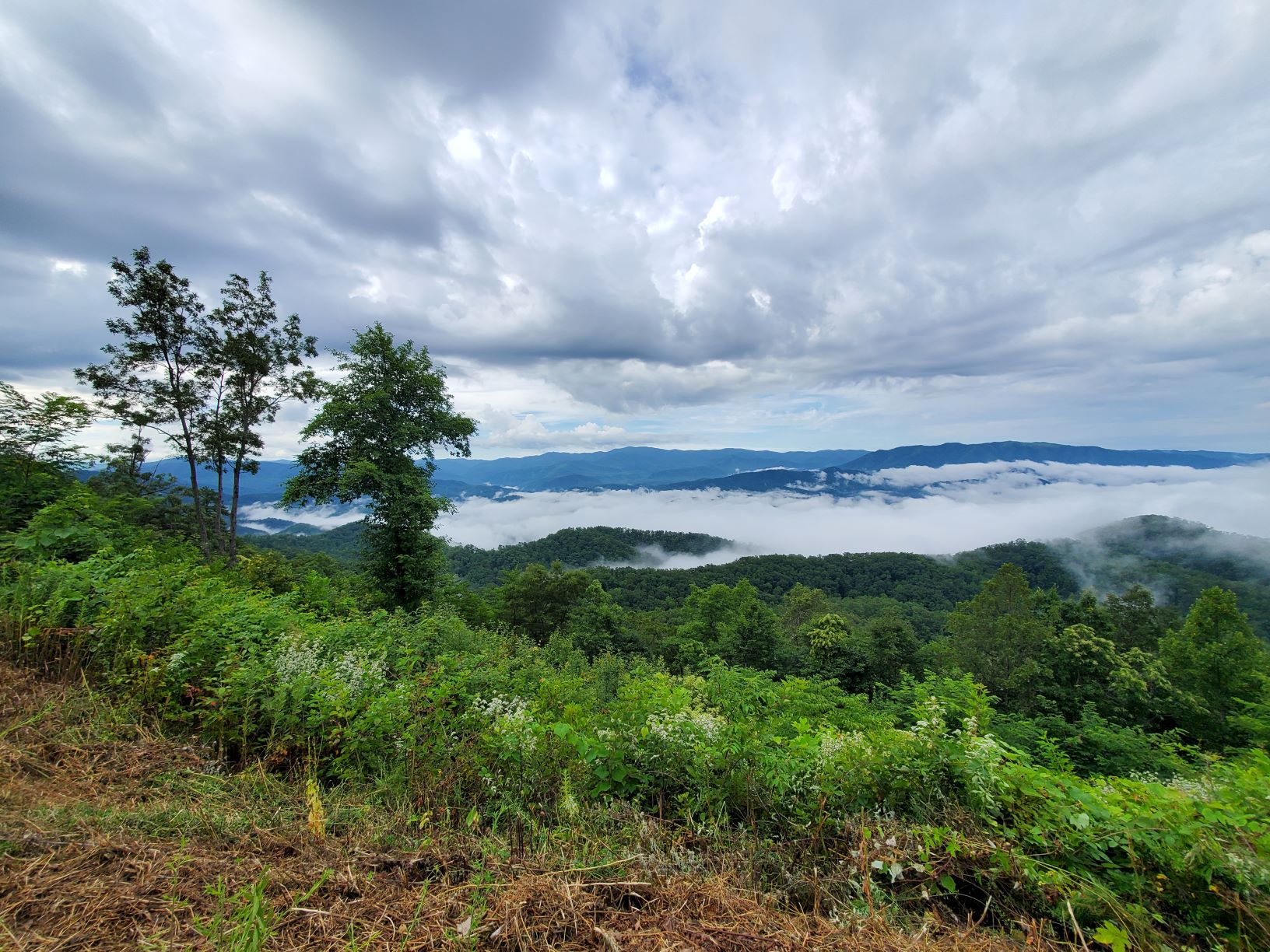Max Patch Bald- An “Over Tourism” Case Study

One of the most beloved spots along the Appalachian Trail for day hikers, through hikers, and photographers is the Max Patch bald on the North Carolina and Cocke County, Tennessee border. The 360 view of Unakas, Smokies, and Black Mountains is one of those scenic places that are drawing too many people for the fragile ecosystem.
The net result of the overuse of the area, is the closure of the Max Patch to campers, campfires, drones, and horseback riders, and limits the number of hikers in a group to 10. In addition, enforcement of current guidelines, hikers are to stay on designated trails, bikers are restricted to roads only, and no use of fireworks will be increased in the area. The closures begin on July 1, 2021 and extend until June 30, 2023.
During the year of COVID, we recognized that the “great outdoors” was at risk from over tourism. Unlike amusement parks and artificial destinations built for mass tourism, places like Max Patch are iconic destinations that cannot be manufactured or replicated. There is a spirituality created by the harmony of land and sky, unique to the geographic area. The increase of trail use and the thoughtlessness of individuals who mistreat and ignore trail rules, causing significant degradation to the very place that they came to experience. Once damaged, only time and mother nature can remediate the damage caused to these places.
Across the Tennessee River Valley, there are other cultural, heritage, and natural sites under stress. A battlefield cemetery is not a place for young people to scramble over graves and monuments; a historic cabin is not a place to carve your initials; a wildlife preserve is not a site to shoot off fireworks or to leave trash. Unfortunately, environmental literacy is not taught as it was in generations that were dependent on the land and water for survival. If we love these places, we need to demonstrate our love through stewardship and care of these treasured places.
The TRV Stewardship Council is engaged in the movement for Recreate Responsibly. When you visit this region, we ask that you practice these principles, and if you are a parent, take the time to teach your children about stewarding these fragile places.

Recent Comments